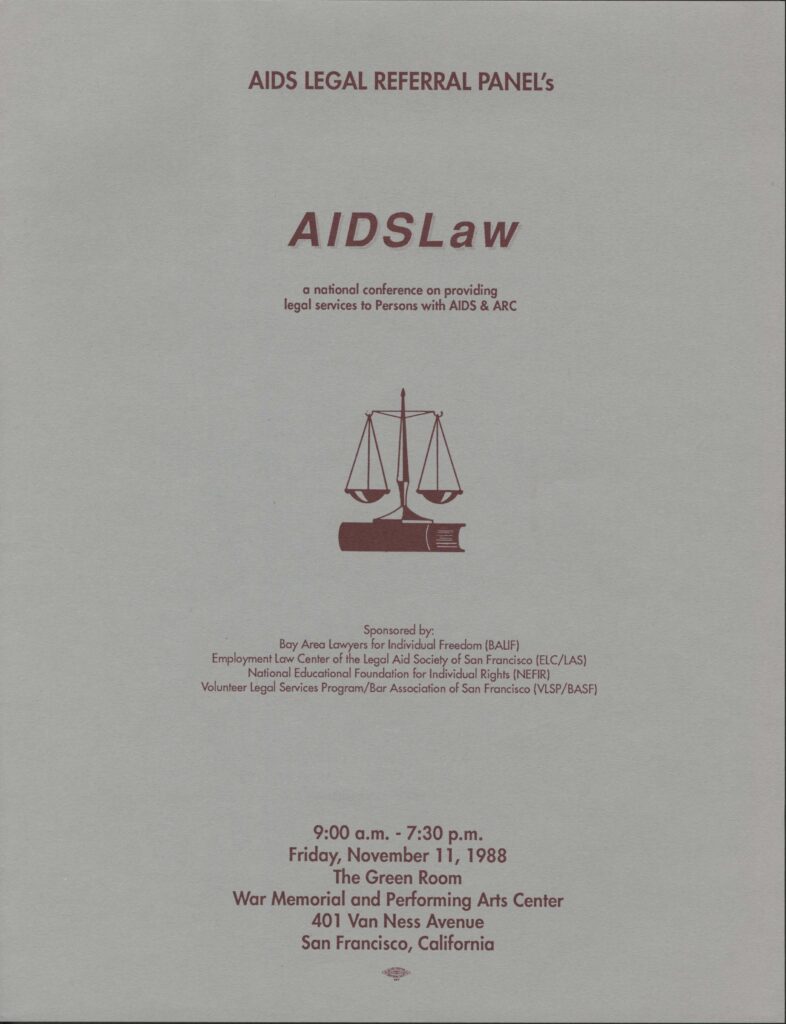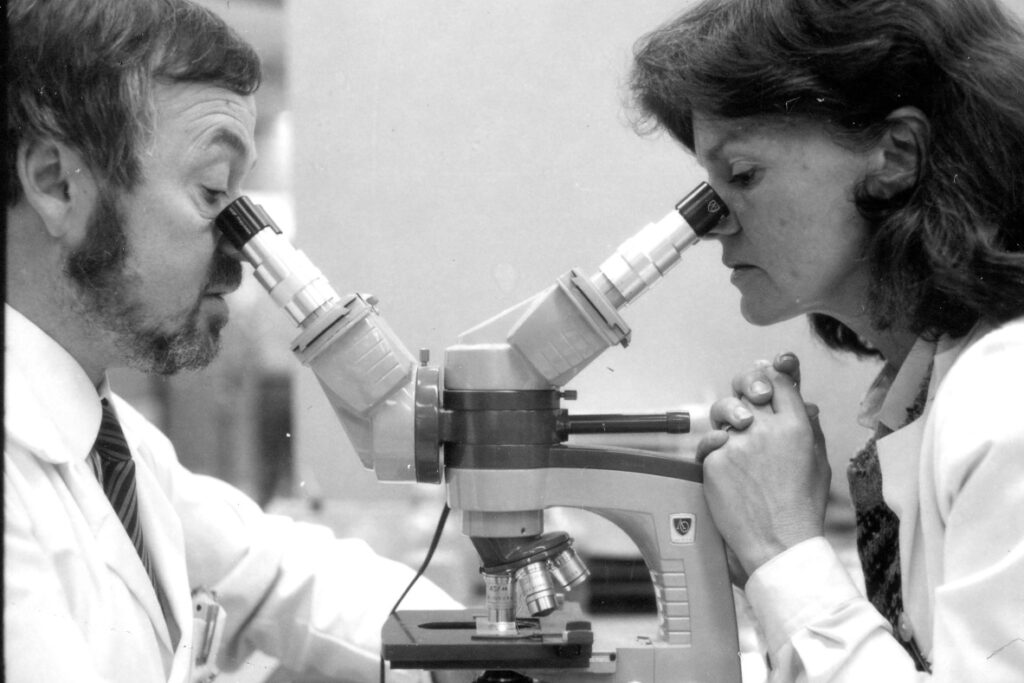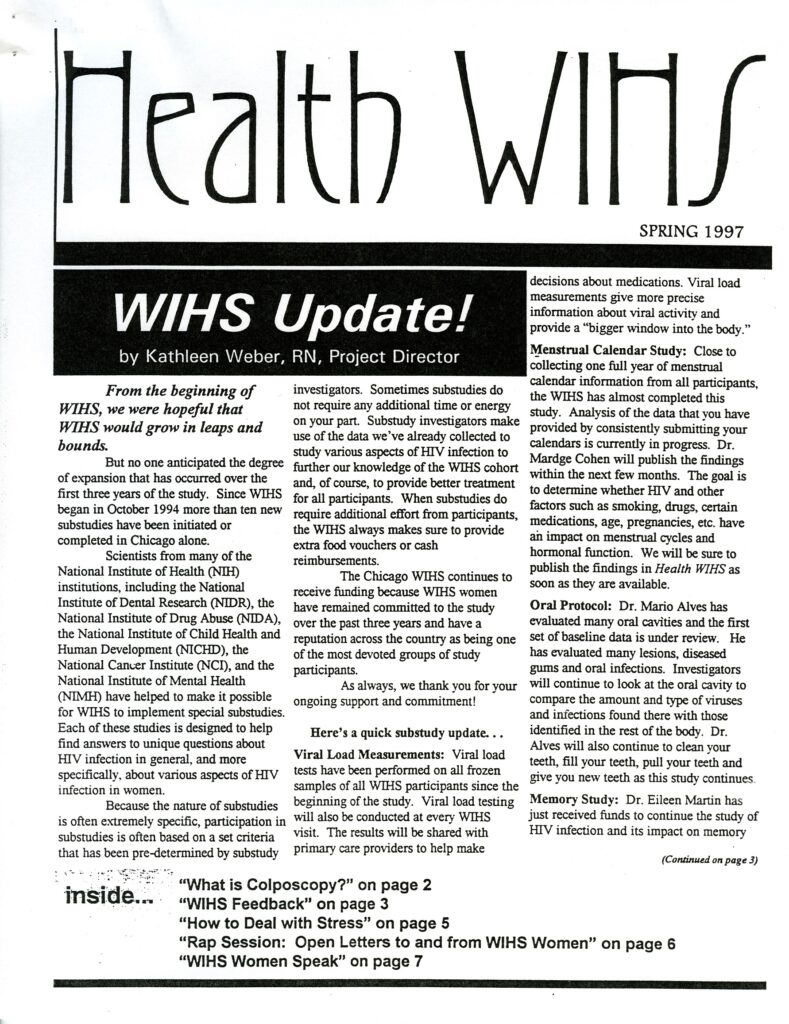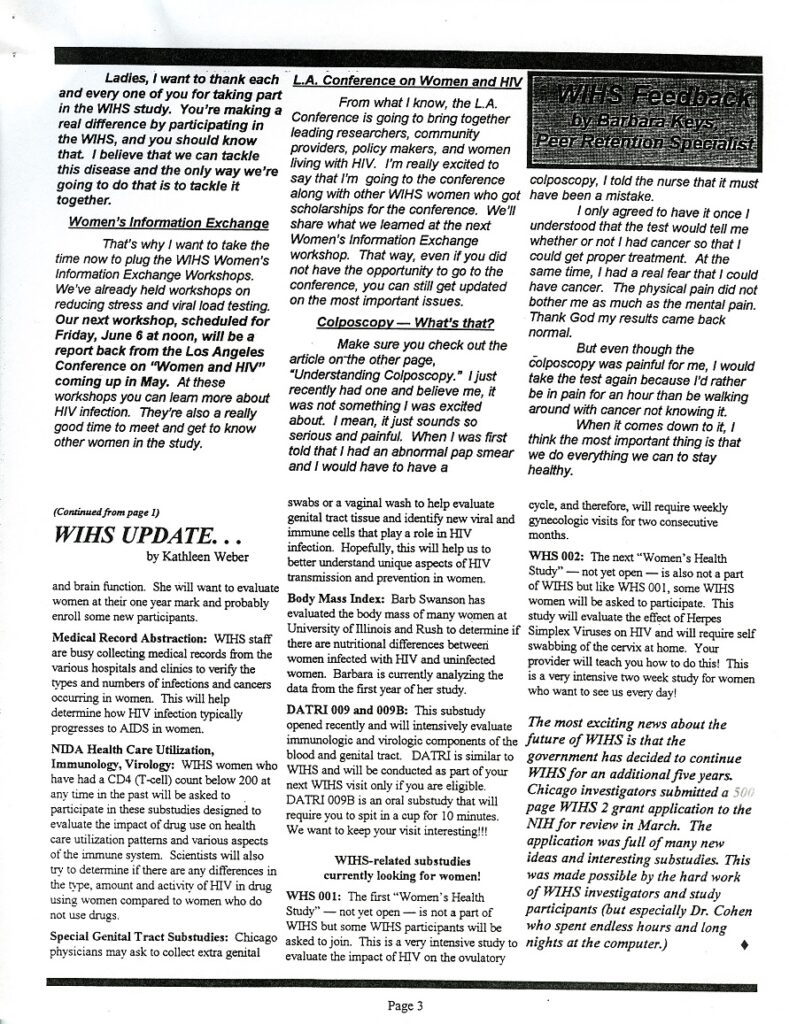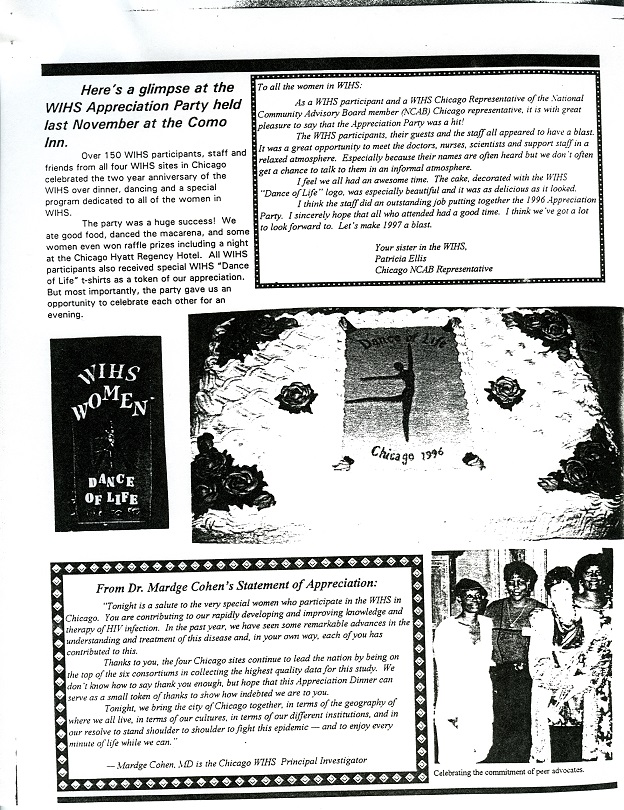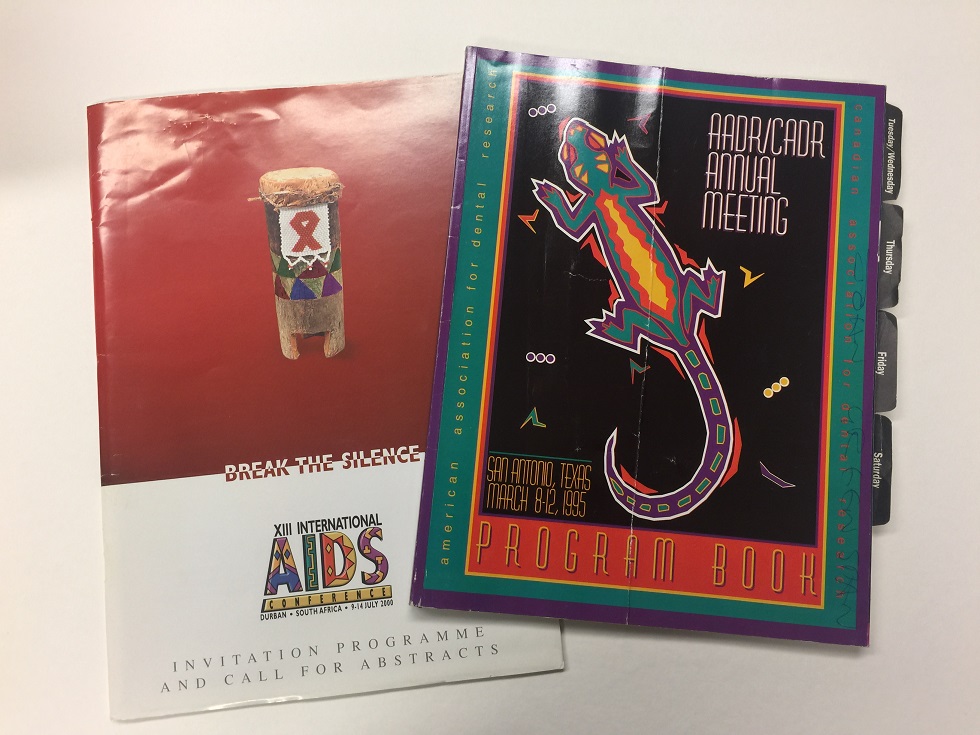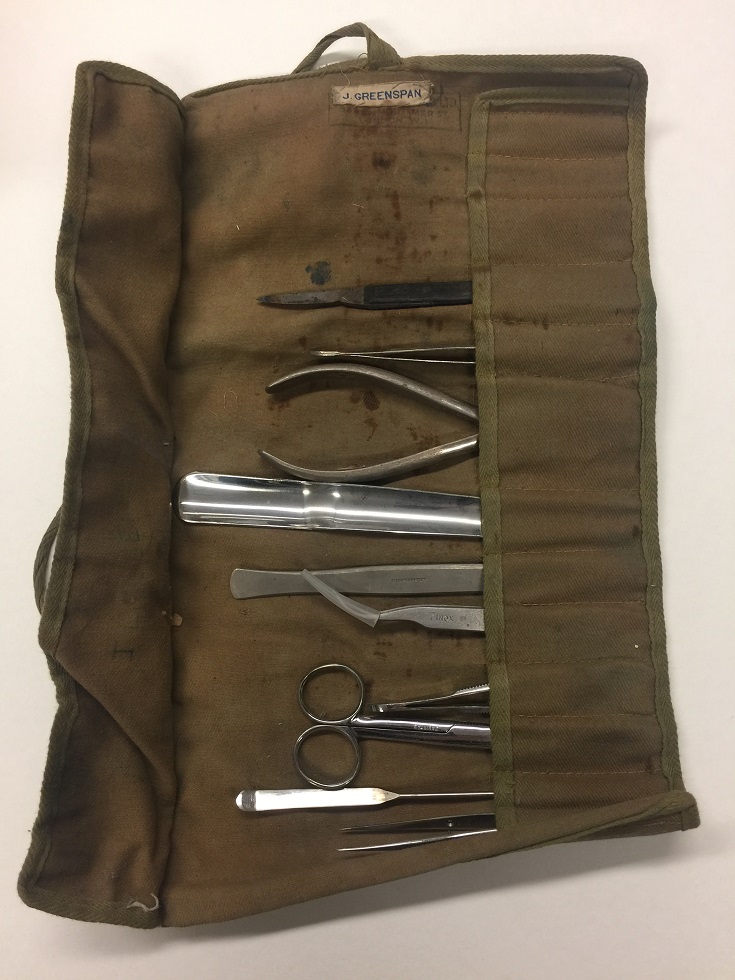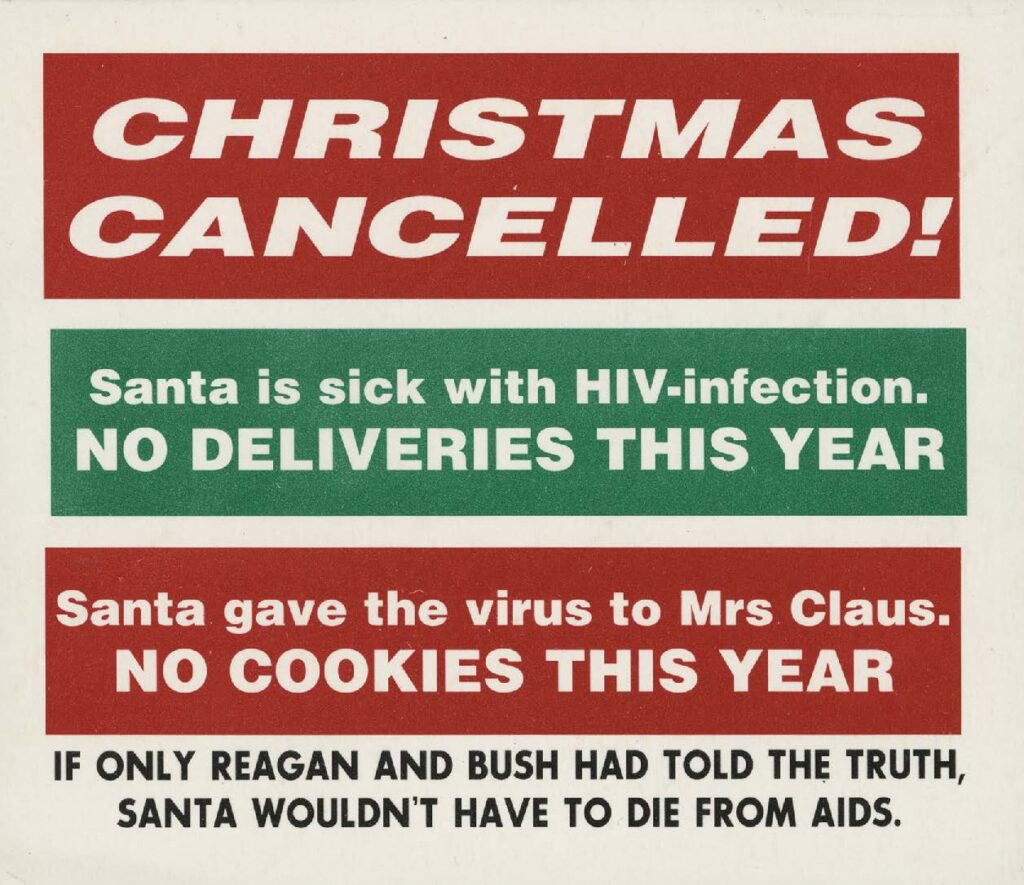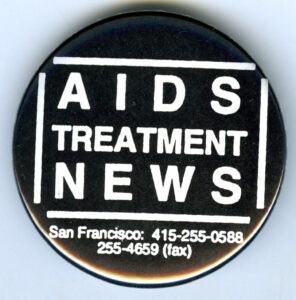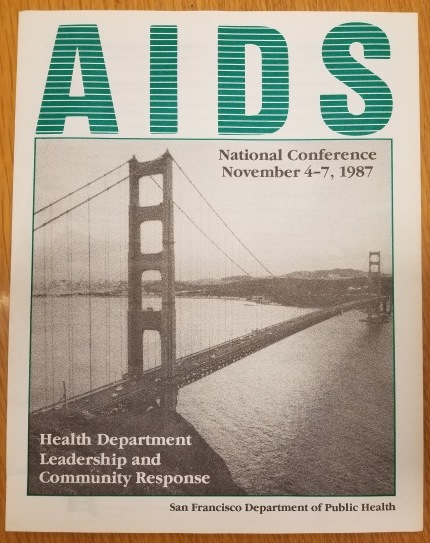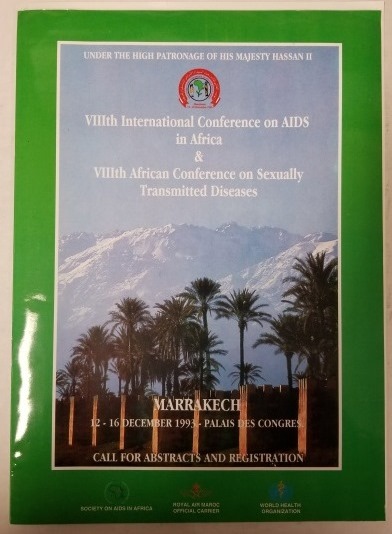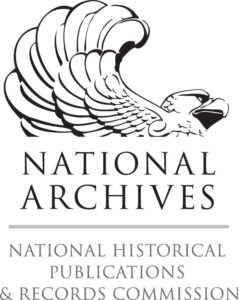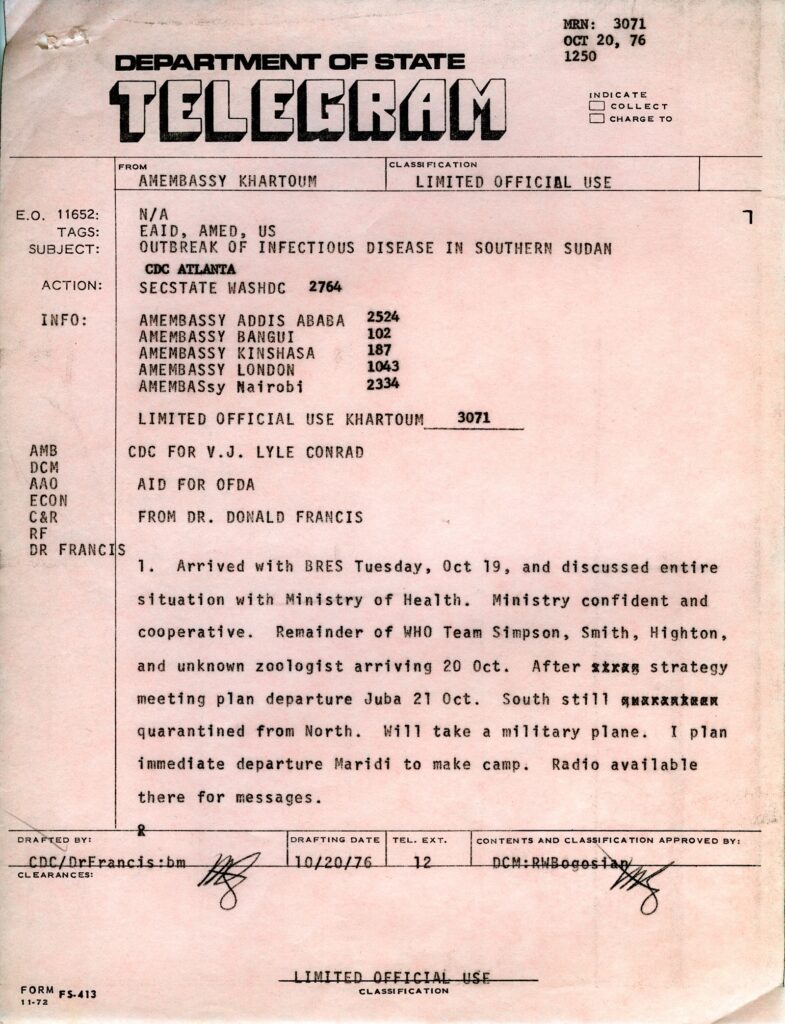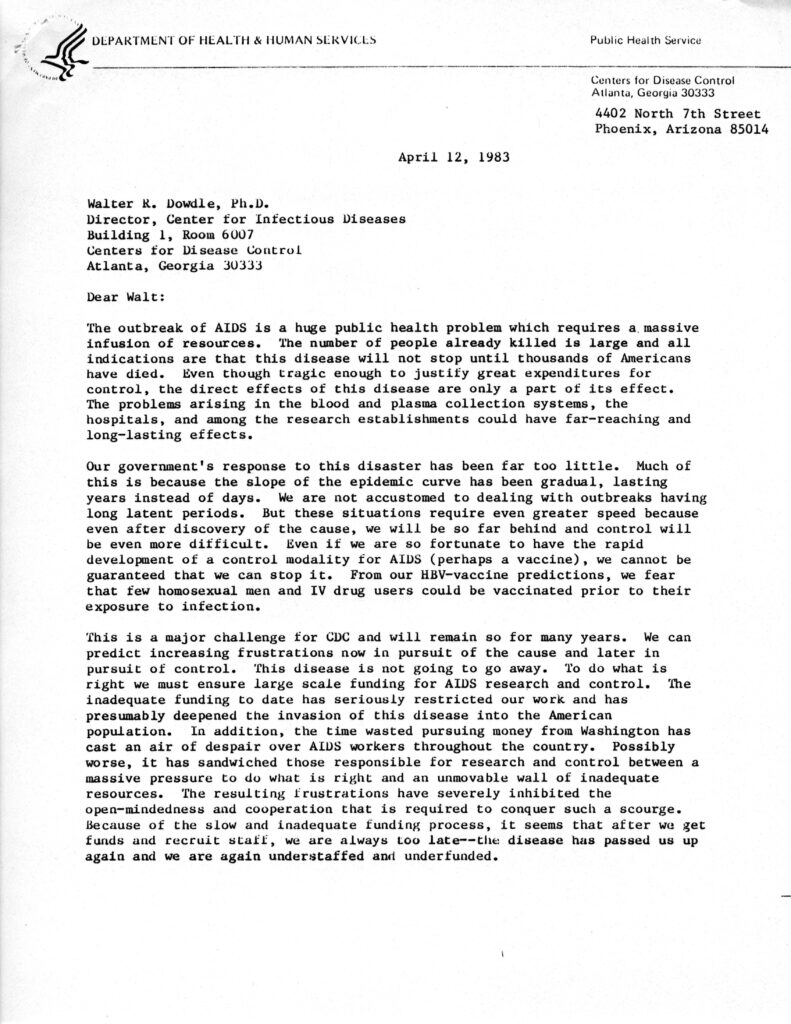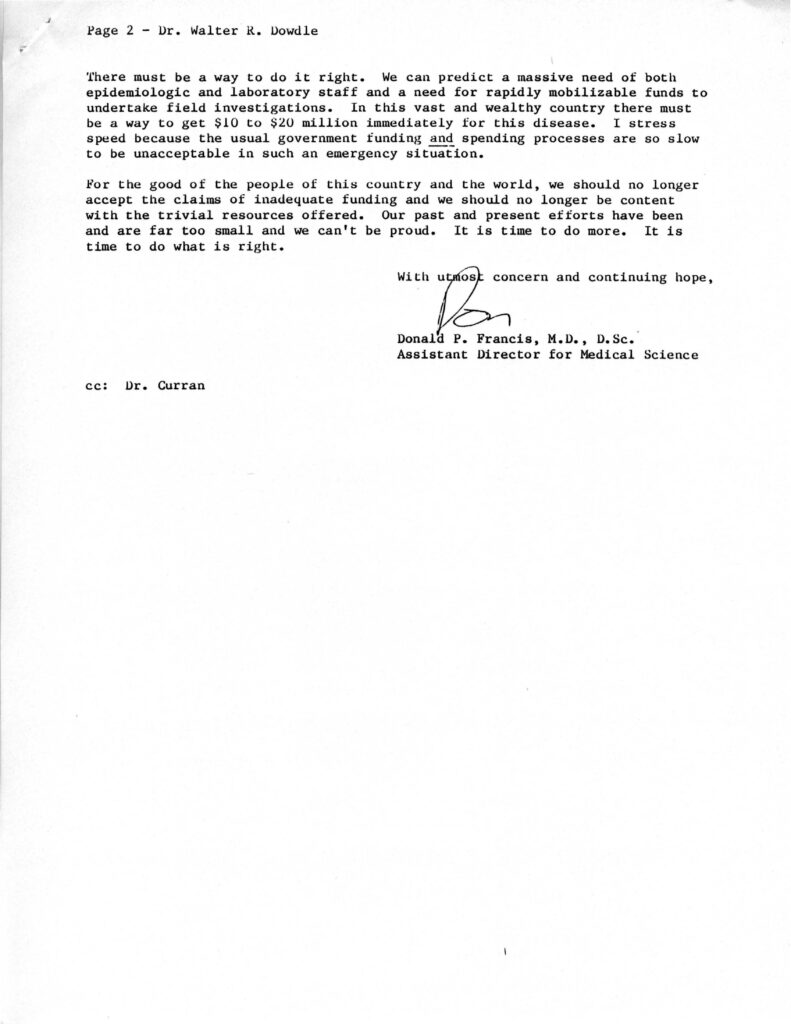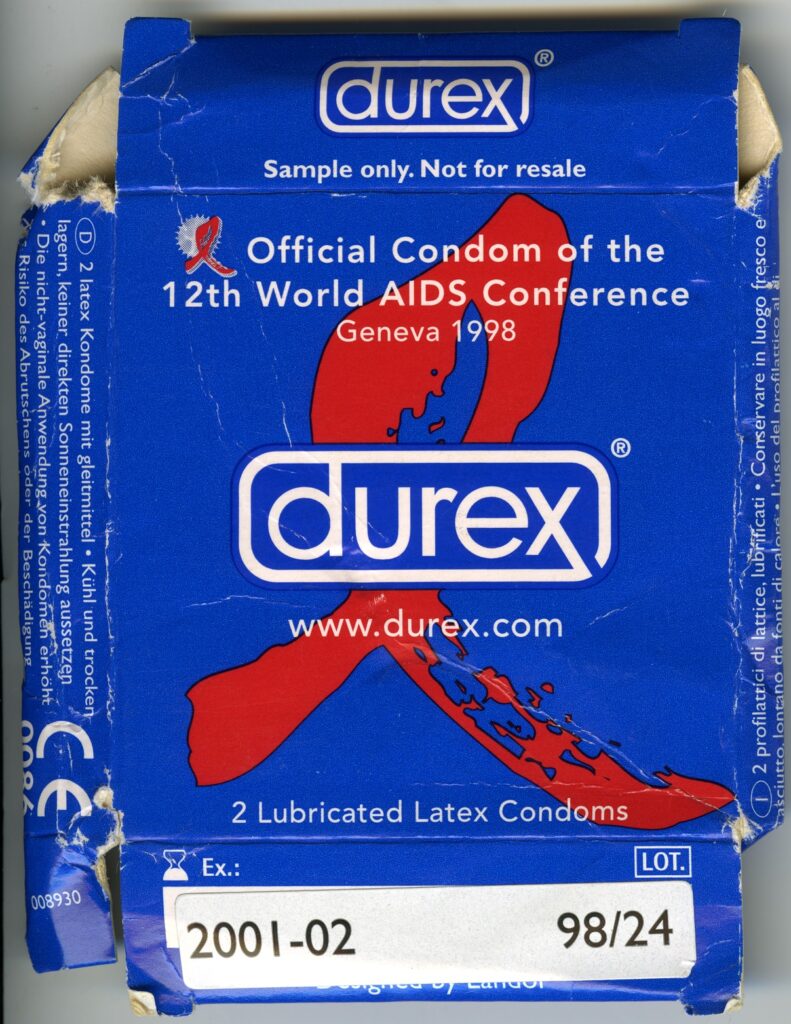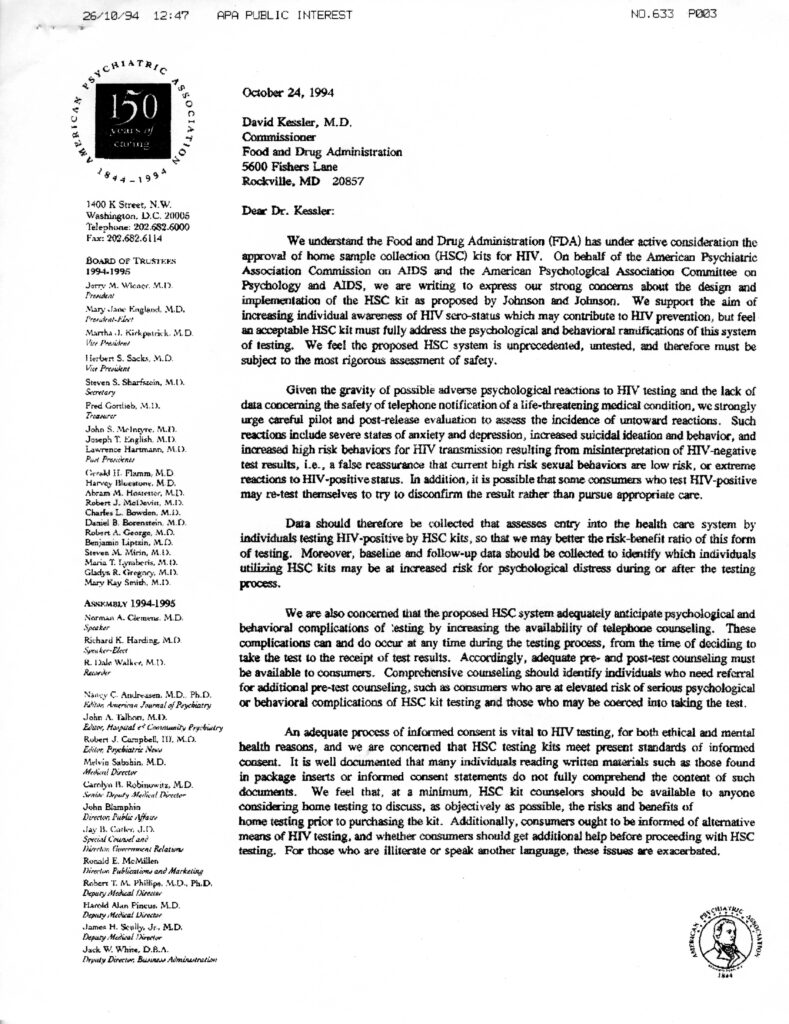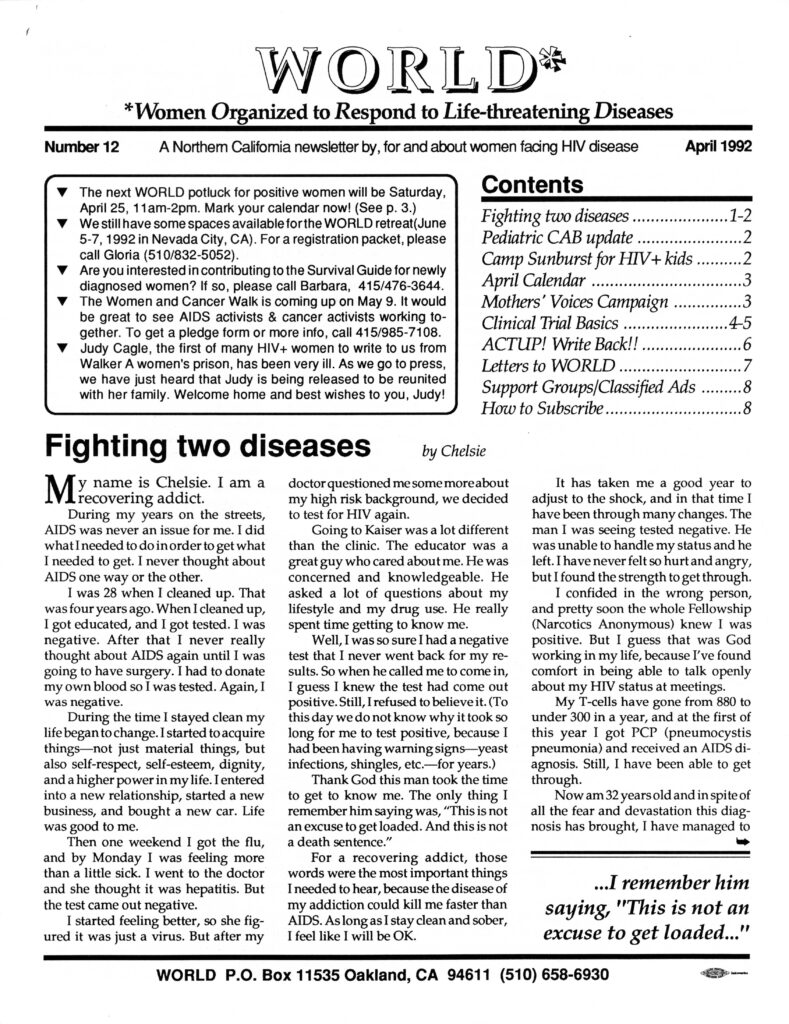UCSF Library Archives and Special Collections has 2 new internship opportunities.
Archives Intern for AIDS History
Project Description
Hours and Location:
University of California, San Francisco
530 Parnassus Avenue
San Francisco, CA 94143-0840
Digital Processing and Implementation Intern
The Digital Processing and Implementation Intern will assist the UCSF Digital Archivist with various aspects of the Digital Archives program as they are implemented and brought online for the first time. Potential projects include:
- Testing digital forensics and processing hardware and software being implemented in the digital forensics lab.
- Compiling inventory of physical archival collections containing digital media, and pulling collections and identifying, counting, and cataloging digital media present.
- Disk-imaging digital media removed from collections and transferring data to library storage systems.
- Creating metadata about digital media being processed in digital forensics lab, editing metadata for various digitization or cataloging projects.
- Operating scanning equipment to digitize archival collections for patron and researcher use.
- Processing digital collections under the supervision of the Digital Archivist, including finding aid and container list creation and manipulation of access copies of born-digital content to create access-ready versions of collection.
- Researching computer tools and systems for management and preservation of digital objects, and compiling and reporting on capabilities, requirements, dependencies, etc. of these utilities.
- Participate in staff meetings, assist with writing blog posts, and help with reference/duplication requests.
Location
UCSF Library and Center for Knowledge Management,
530 Parnassus Avenue, San Francisco, CA 94143-0840
Work Type
Archival Processing, Information Technology, Computer Science
Work To Be Done
On site, with occasional opportunities to work from home or other location
Desired Qualifications
- Experience with ArchivesSpace, Nuxeo or other archival collections management software
- Experience with or interest in digital preservation, digital file formats and media, computer science, or history of computing technologies
- Experience with or interest in digital forensics in archival collections and various digital forensics tools, such as FTK Imager and BitCurator
- Familiarity with scripting, computer programming in any language, Unix.
- Excellent analytical and writing skills
- High level of accuracy and attention to detail
- Ability to work independently
- Ability to lift boxes weighing up to 40 pounds
Stipend
A stipend of $15/hour is available for the internship. The internship is intended for those who are currently enrolled in an undergraduate/graduate program.
Hours
Up to two 8-hour days per week for 10-12 weeks. Specific on-site hours are negotiable, but must be completed between 8:00 a.m. and 5:00 pm Monday through Friday. Start and end dates are flexible.
Application Process
Please submit a letter of interest, a current resume and contact information for two professional references to:
Charles Macquarie
Digital Archivist
UCSF Archives and Special Collections
University of California, San Francisco
530 Parnassus Avenue
San Francisco, CA 94143-0840
The UCSF Library is committed to a culture of inclusion and respect. We embrace diversity of thought, experience, and people as a source of strength which is critical to our success. We encourage candidates to apply who thrive in an environment which celebrates and serves our diverse communities.
Equal Employment Opportunity
The University of California San Francisco is an Equal Opportunity/Affirmative Action Employer. All qualified applicants will receive consideration for employment without regard to race, color, religion, sex, sexual orientation, gender identity, national origin, age, protected veteran or disabled status, or genetic information.
About UCSF
The University of California, San Francisco (UCSF) is a leading university dedicated to promoting health worldwide through advanced biomedical research, graduate-level education in the life sciences and health professions, and excellence in patient care. It is the only campus in the 10-campus UC system dedicated exclusively to the health sciences.
About UCSF Archives and Special Collections
UCSF Archives & Special Collections is a dynamic health sciences research center that contributes to innovative scholarship, actively engages users through educational activities, preserves past knowledge, enables collaborative research experiences to address contemporary challenges, and translates scientific research into patient care.



